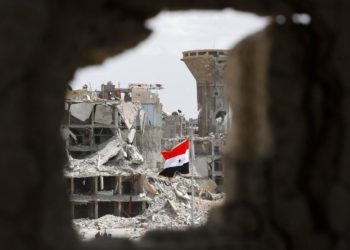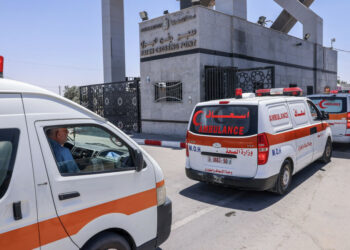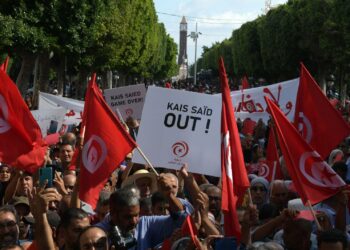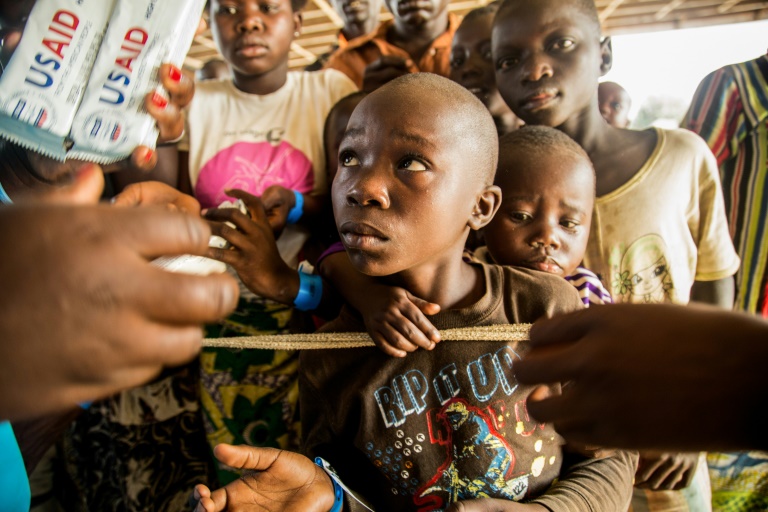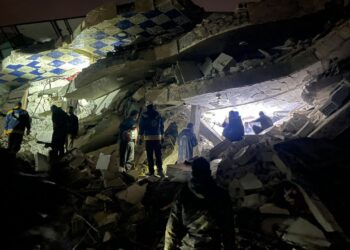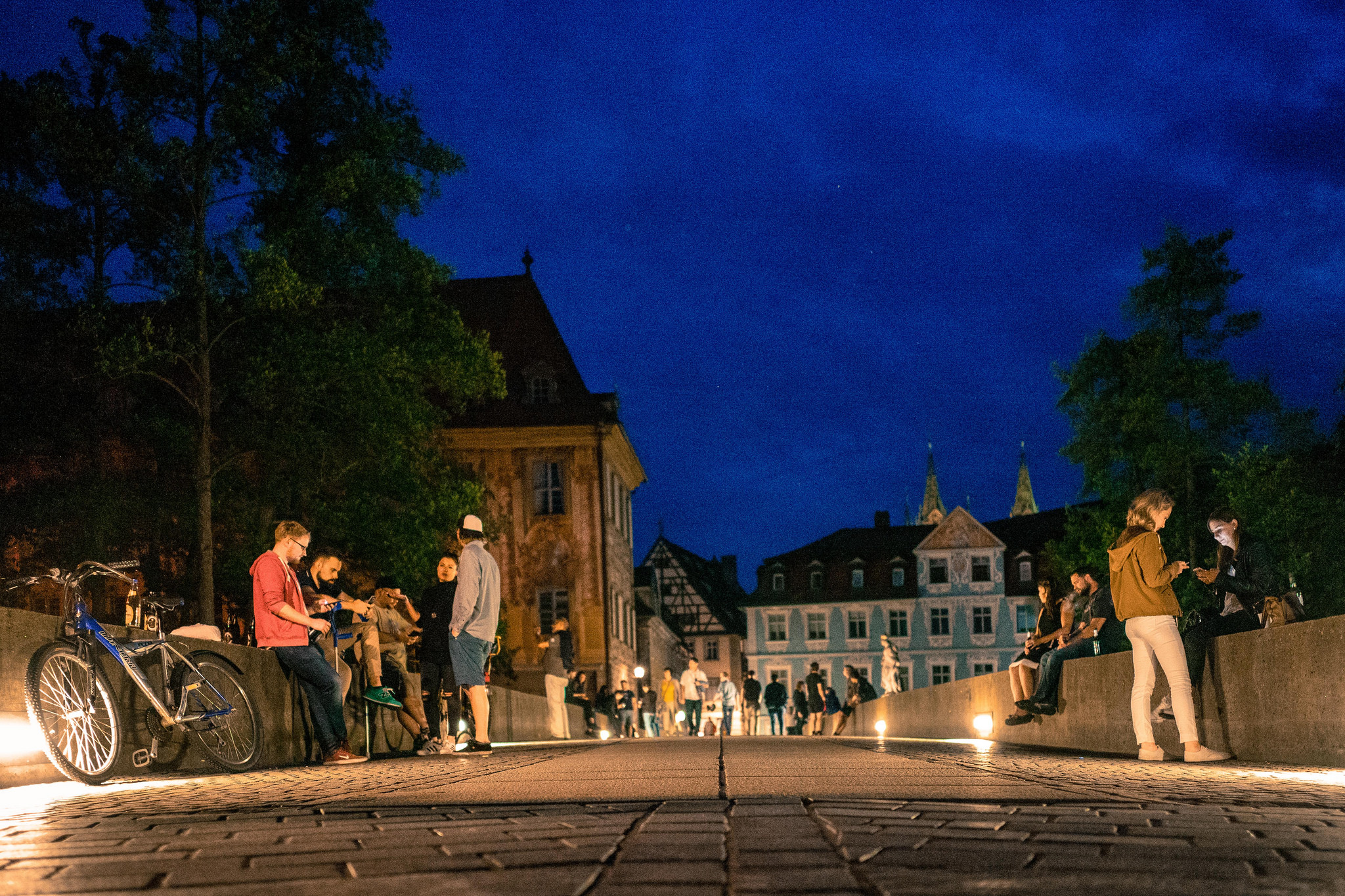An aid convoy entered Afrin in northwestern Syria on Thursday for the first time since Turkish-led fighters launched an assault on the Kurdish enclave in January, the Red Cross announced.
The humanitarian supplies would benefit 50,000 people in the area bordering Turkey, the International Committee of the Red Cross said in a release.
“This is our first convoy to Afrin since the start of the offensive on the area,” Ingy Sedky, the ICRC spokeswoman for Syria, said.
The Syrian Arab Red Crescent said on Twitter that the trucks had reached the main urban area of Afrin and the town of Tal Rifaat. The 29-truck convoy included 7,450 food parcels, water purification materials and medical supplies, she said, as well as diapers, mattresses, blankets and winter clothes.
For many weeks we have been trying to bring assistance to the people in #Afrin. Now our team with @SYRedCrescent are finally on their way to #Afrin and #Tall_Rifaat to deliver much needed aid. #Syria pic.twitter.com/bzHcV9QFFz
— ICRC Syria (@ICRC_sy) March 1, 2018
Turkey-led Syrian rebels on January 20 launched a battle against the US-backed People’s Protection Units (YPG) militia in Afrin.
The Syrian Observatory for Human Rights, a Britain-based war monitor, says more than 140 civilians have been killed in Turkish bombardment of the area. Ankara, however, denies the claim, insisting the Turkish army is taking the “utmost care” to avoid civilian casualties.
Thousands of civilians have fled their homes since the start of the assault, either to the town of Afrin or to adjacent regime-controlled areas.
On Thursday, fighting continued on several fronts in Afrin between the Turkish-backed rebels and the YPG supported by a small number of regime forces. But a YPG spokesman insisted the Turkish-led assault would not succeed.
“They won’t be able to remain in any part of our region,” Birusk Hasakeh said.
On Wednesday, Amnesty International warned of “indiscriminate shelling allegedly carried out by both sides” in the areas of Afrin and Azaz.
“Reports of shelling of villages and residential areas in cities are deeply troubling,” said Lynn Maalouf, Amnesty International’s Middle East research director.
Ankara says the YPG are “terrorist” extensions of the Kurdistan Workers’ Party (PKK) which has waged a three-decade insurgency against the Turkish state.
The YPG have been a key component of a US-backed Kurdish-Arab alliance that has been fighting the Islamic State jihadist group in Syria. Turkey has criticised its NATO allies France and the United States for arguing that a U.N. Security Council-agreed nationwide ceasefire in Syria should include Afrin.



